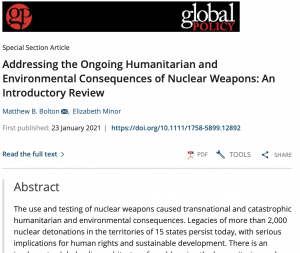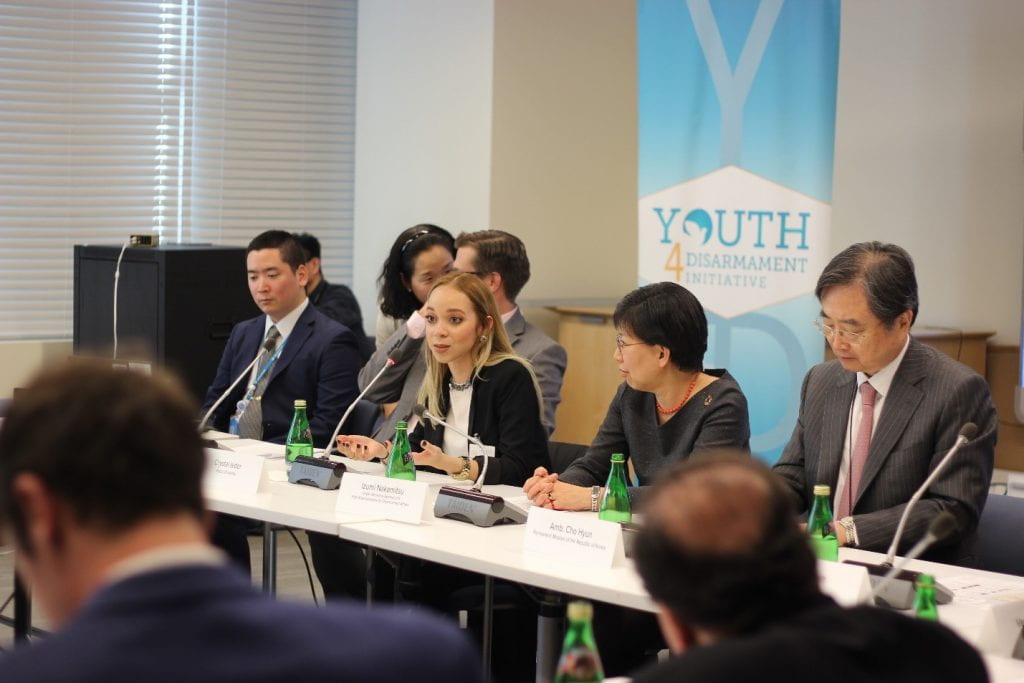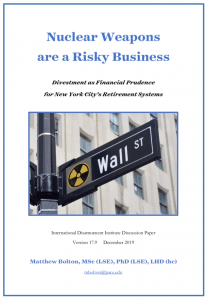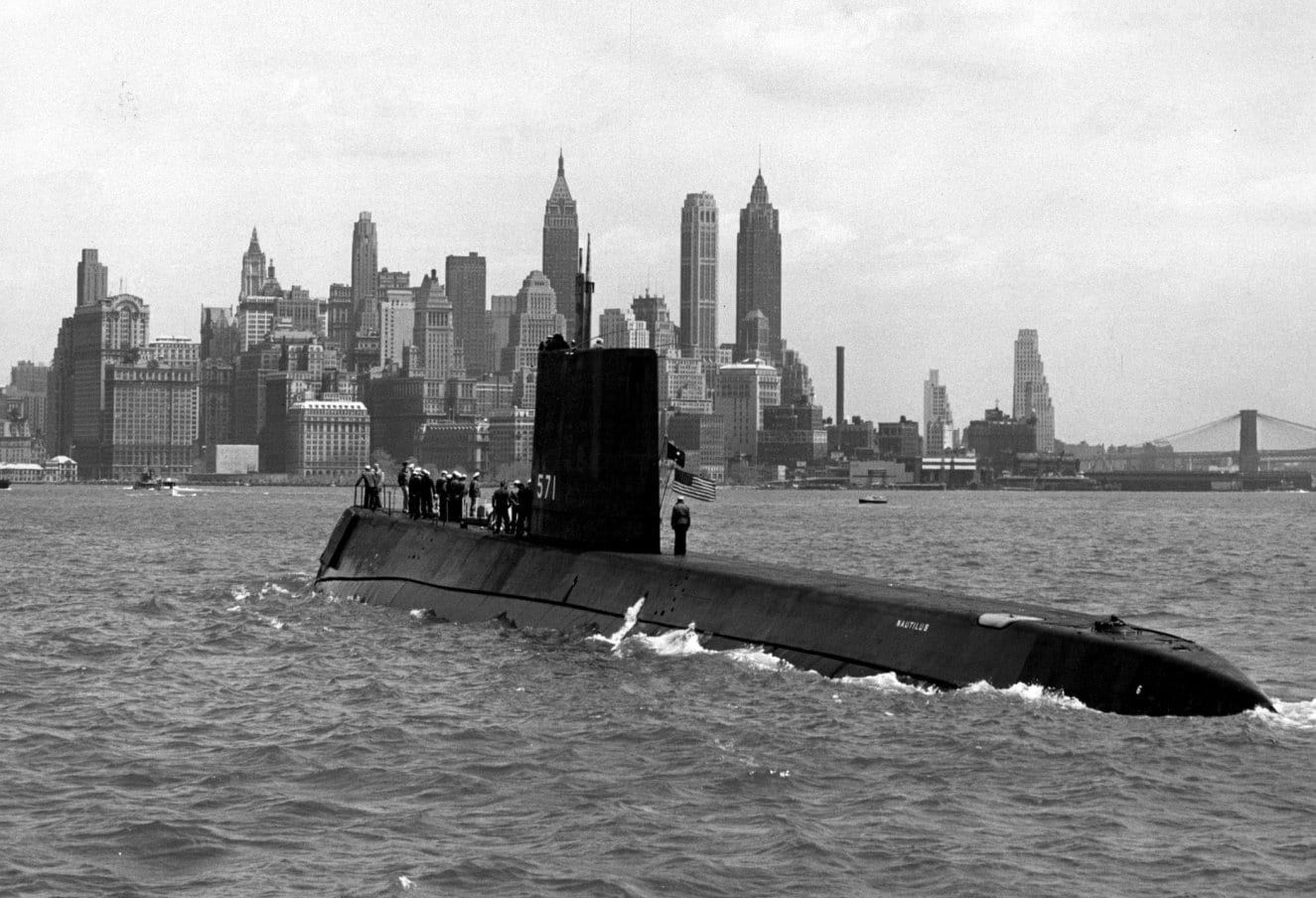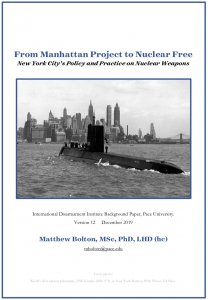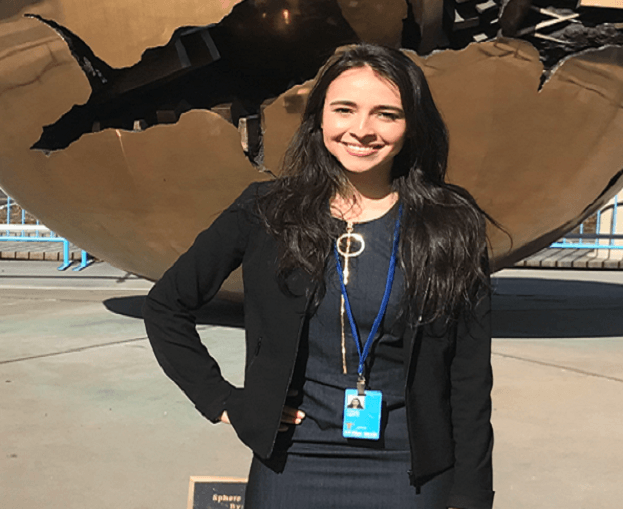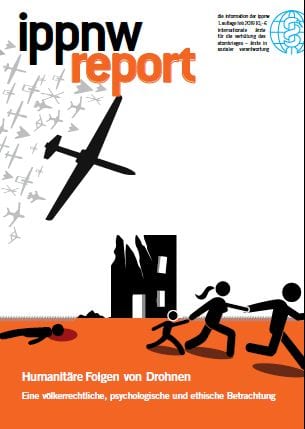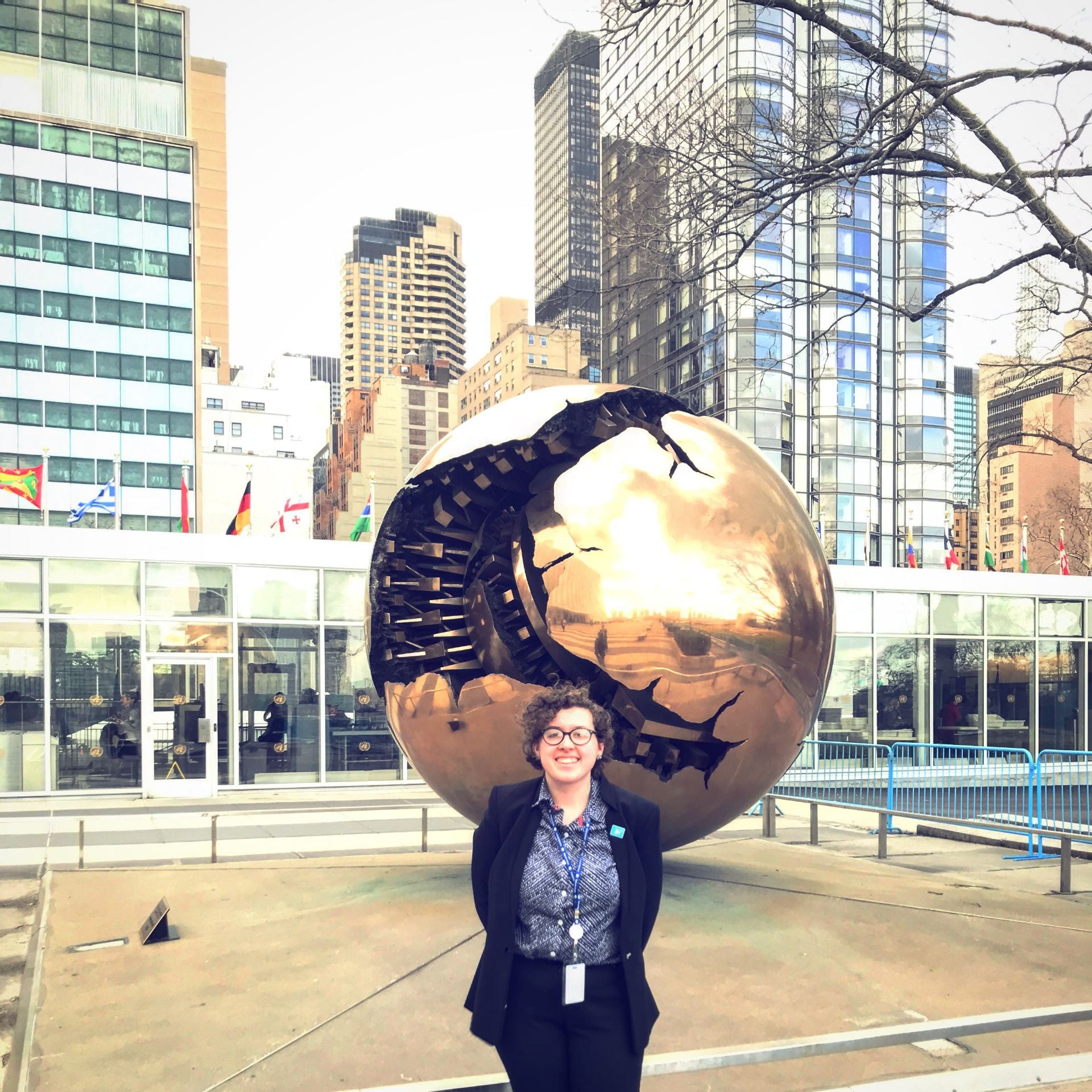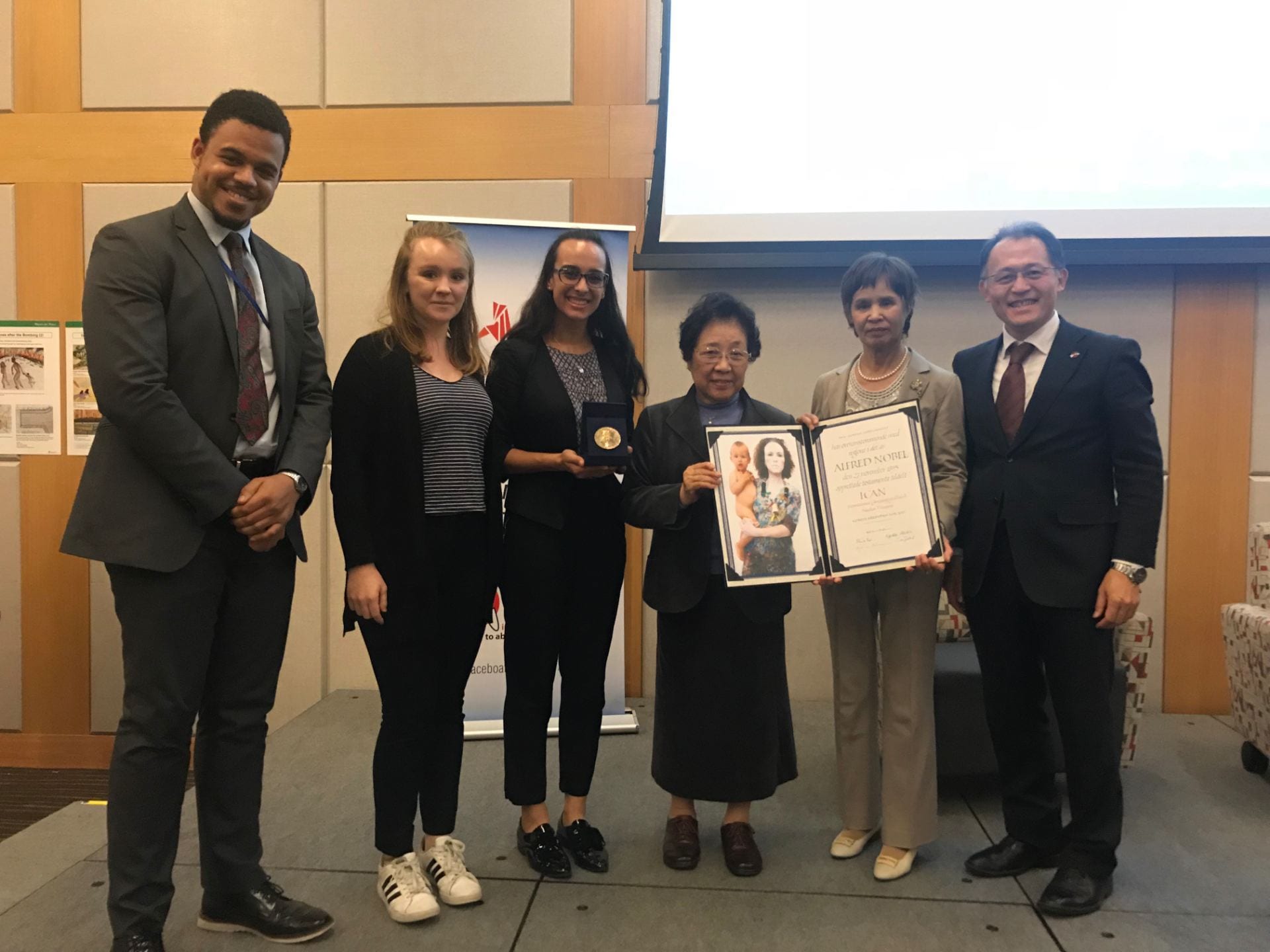The peer-reviewed academic journal Global Policy will publish a Special Section on “Addressing the Humanitarian and Environmental Consequences of Nuclear Weapons” in its February issue, edited by Dr. Matthew Breay Bolton of Pace University’s International Disarmament Institute and Elizabeth Minor of Article 36. Pace University graduate student Sydney Tisch also co-authored one of the articles, on the impact of UK and US nuclear testing in Kiribati. In recognition of the January 2021 entry into force of the Treaty on the Prohibition of Nuclear Weapons (TPNW), the Global Policy team are releasing the articles early online and making them open access over the next couple weeks.
The Special Section aims to be a resource for researchers, policymakers, advocates and journalists, compiling in once place key information on the humanitarian and environmental consequences of nuclear detonations and humanitarian, environmental and development policy efforts to address them. The Special Section includes an overview of the locations all nuclear weapons detonations and a review of their humanitarian and environmental consequences; a detailed case study of US and UK nuclear testing in Kiribati; an interview with survivors in Japan and Kazakhstan; a commentary on existing victim assistance and environment remediation; and a commentary on how best to implement the TPNW victim assistance and environmental remediation obligations. The overall argument running through the articles is that policy interventions to date have not adequately addressed the needs and rights of hibakusha, atomic veterans and test survivors, nor ongoing environmental concerns. The authors argue that the TPNW victim assistance and environmental remediation obligations offer an important new opportunity for addressing the consequences of nuclear detonations, by focusing policy attention and constituting a new field of development assistance.

